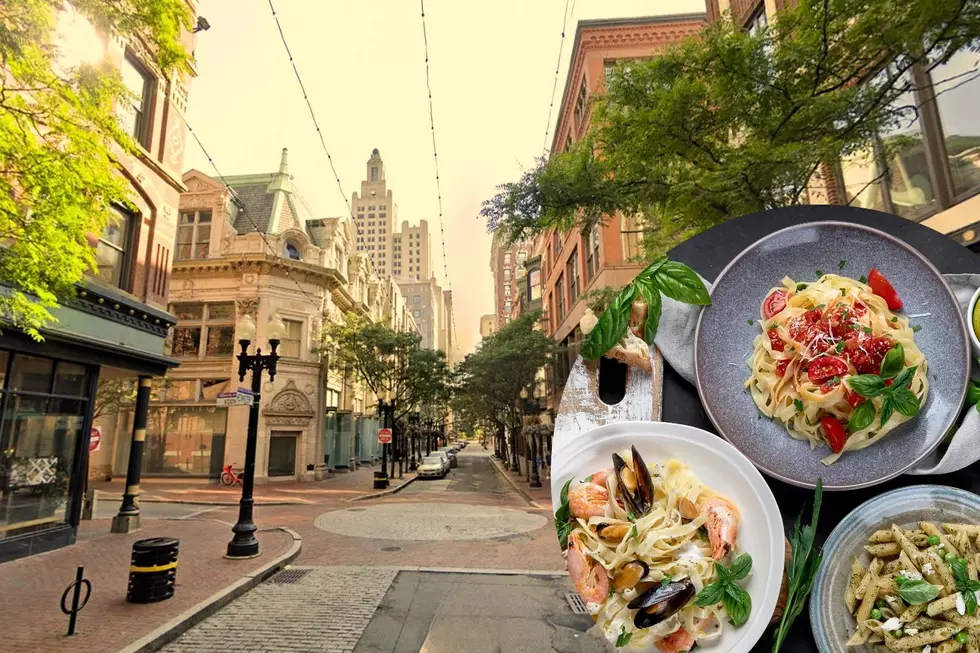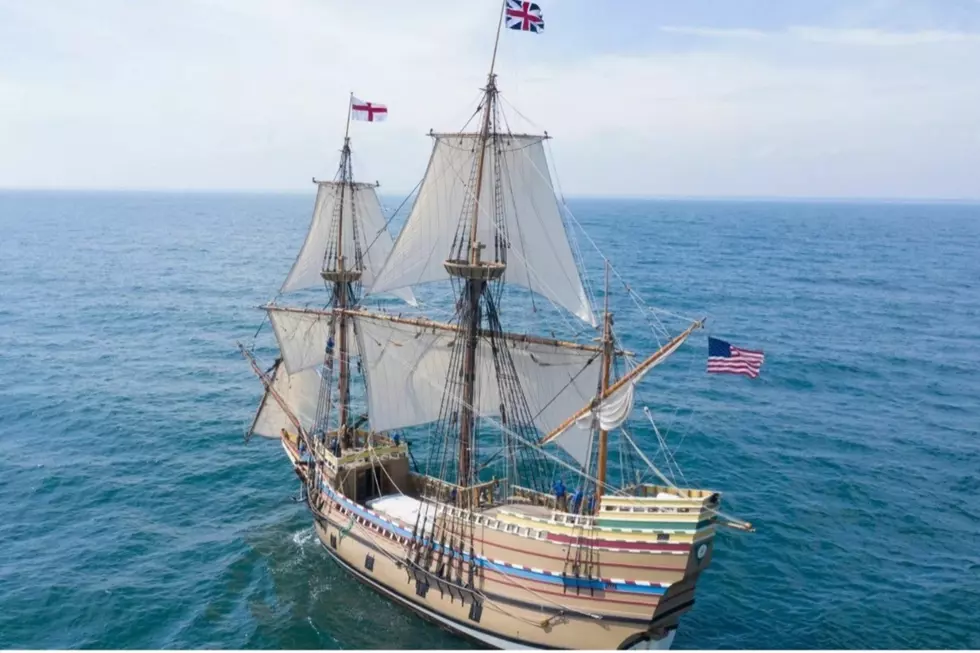
Mayflower Brewing Continues to Grow While Remaining Humble to Roots
As the story goes, the Pilgrims stopped at Plymouth Rock in 1620 because the Mayflower had run out of its main hydration source: beer.
Fast forward a few hundreds years and you'll find a Plymouth-based brewery spreading its reach across New England while remaining humble to its roots as a microbrewery.
Founded by West Coast native and direct descendent of a cooper aboard the Mayflower Drew Brosseau, Mayflower Brewing set up shop in Plymouth's industrial park and released its first brew, Mayflower Pale Ale, in June 2008.
"Plymouth has changed dramatically sine we came to town," Brosseau said. "It used to be a 'Bud Light town' and that's why we wanted to start out with something light and crisp like our pale ale."
Mayflower became an instant hometown classic, quickly building relationships with local restaurants, bars and liquor stores.
According to Brosseau, part of the brewery's success is its self-sufficiency and "doing everything ourselves since the beginning."
The majority of Mayflower beer is self-distributed, including 80% of the beer sold in southeastern Massachusetts. They also hire their own drivers and sales representatives.
As the business continues to grow, the brewery's physical footprint is also expanding. Over the next year the building will triple its size by expanding into neighboring building units. This expansion will provide space for storage as well as the possibility for greater production.
Mayflower currently produces around 8,000 barrels per year, though the additional 3,000 sq. ft. and new tanks would allow them to ramp up production to 15,000 barrels annually.
The extra space will also better accommodate the new canning line.
Like many other craft brewers, Mayflower has moved toward producing most of its beer in cans rather than glass bottles. Early in the craft beer revolution, canned beer was scoffed at because beer enthusiasts believed it compromised flavor. Brosseau said the market has shifted to favoring cans or just simply not caring what kind of container their beer comes in.
"We surveyed consumers and most didn't care if they got their beer from a can or a bottle," he said. "The beer that was in cans [a decade ago] was just crappy beer."
Cans are also more portable and cheaper in the long run, while also freeing up more space at retail locations so more selections can be offered and sold.
"It's not hard to build a brewery, it's hard to brew good beer," Brosseau said.
As more micro- and nano-breweries continue to pop up around Massachusetts and across the country, Brosseau said it's tough to differentiate yourselves from the rest of the pack. A closely-knit network like the one Mayflower has created will be beneficial in such a oversaturated industry.
"It's great for the consumer but extremely competitive for the brewers," he said. "It reminds you the consumer is your boss."
More From WFHN-FM/FUN 107









